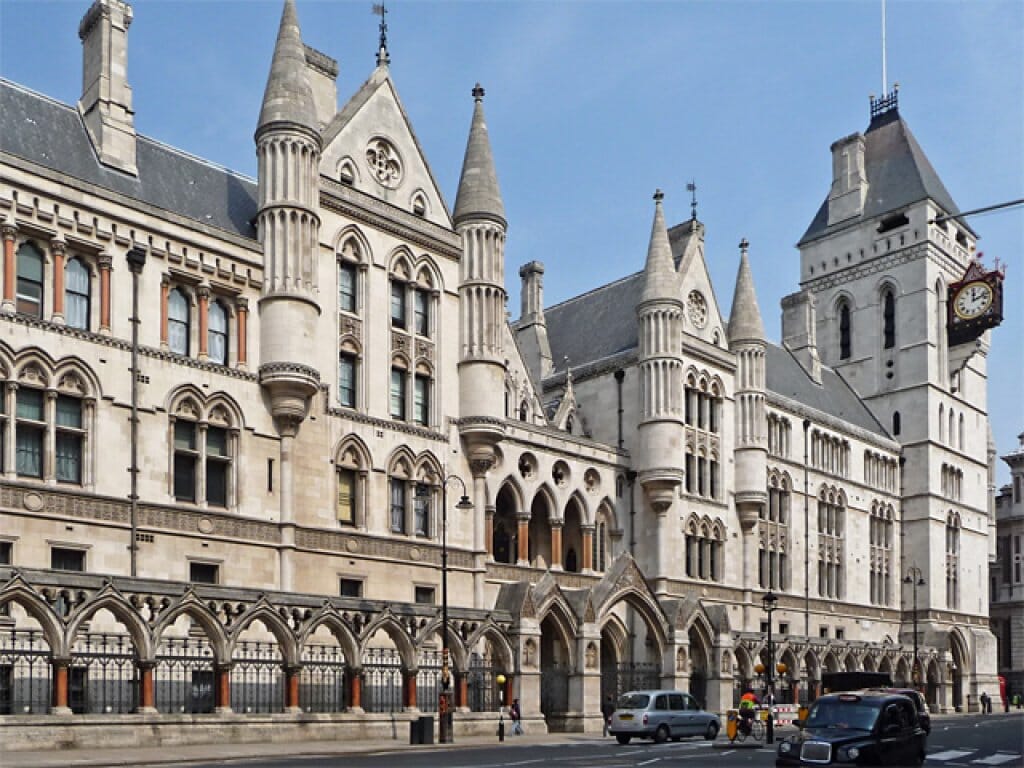If agreement cannot be reached or the problem is too great to overcome informally, it may be necessary to apply to the court for an order.
If the problem is that the will cannot be interpreted due to poor wording (most common with homemade wills), the court can be asked to make an order as to the correct construction (interpretation) of the will. Where such an application is made the court is invited to consider the words used and what the testator meant by those words.
A professionally drawn will should not fail for lack of clarity but problems can arise with administrative or drafting errors. In many cases of administrative error, the executors and beneficiaries will agree what was intended and, essentially, ‘rectify’ the errors by agreement.
If agreement cannot be reached, or an executor remains concerned about disagreement arising in the future, it is possible to apply to the court to ‘rectify’ the problem. This is known as an application for rectification of a will. When asked to rectify a will, the court will consider external (extrinsic) evidence as to what the testator intended – such as notes taken by the will drafter when instructions were given – and make an order which gives effect to those instructions.

